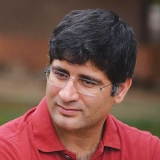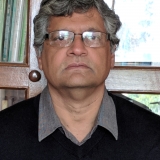Call for Papers for the Conference “Green transformation and competitive advantage: Evidence from developing countries”
Call for Papers for the Conference “Green transformation and competitive advantage: Evidence from developing countries” German Development Institute - Deutsches Institut für Entwicklungspolitik (DIE)…

WCERE Pre-conference Workshop for women in Environmental Economics
EfD is arranging a pre-conference workshop for women in Environmental Economics, ahead of the 6th World Congress of Environmental and Resource Economists ( WCERE) 2018 in Gothenburg . The purpose is…
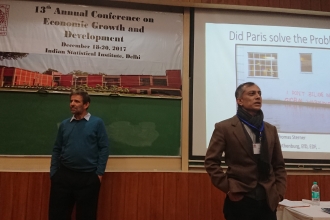
Sterner gave keynote on climate economics at growth and development conference in Delhi
The Indian Statistical Institute held its Annual Conference on Economic Growth and Development, Dec 18-20 in Delhi. Environmental themes where well represented in the program and Thomas Sterner…
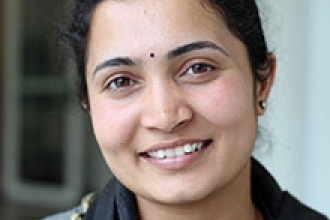
Informal groundwater markets in India
Missing or imperfect markets in several economic sectors explain the reality of the economic problems in developing countries. A market failure in any sector can lead to inefficient allocation of…

EfD Annual Meeting 2017: Information for participants
This year the EfD annual meeting will be held in Addis Ababa, Ethiopia from: October 27-30, 2017. It is hosted by the Environment and Climate Research Center (EfD - Ethiopia) and the EfD Secretariat…
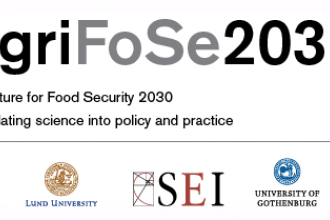
Training course targeting young Asian researchers with PhD
The Agriculture for Food Security 2030 (AgriFoSe2030) programme, a Swedish initiative, will conduct a training course for young Asian researchers on effective research-to-policy communication for…

Scholars and practitioners gathered at Duke University to discuss global energy access
Duke welcomed over 70 scholars and practitioners from 15 countries for the second annual Sustainable Energy Transitions Initiative (SETI) Meeting, May 9-11, 2017. The three-day event kicked off with a…
The Political Intergenerational Welfare State
Using a three-period overlapping generations economy framework, we characterize an intergenerational welfare state with endogenous education and pension under voting. We show that although politically establishing Pay-As-You-Go (PAYG) social security in isolation in a dynamically efficient economy will always reduce the capital investment and therefore the social welfare as expected, in contrast politically implementing education-pension policy package instead can improve both human and physical capital accumulation and social welfare over laissez faire.
Pagination
- Previous page
- Page 7
- Next page
